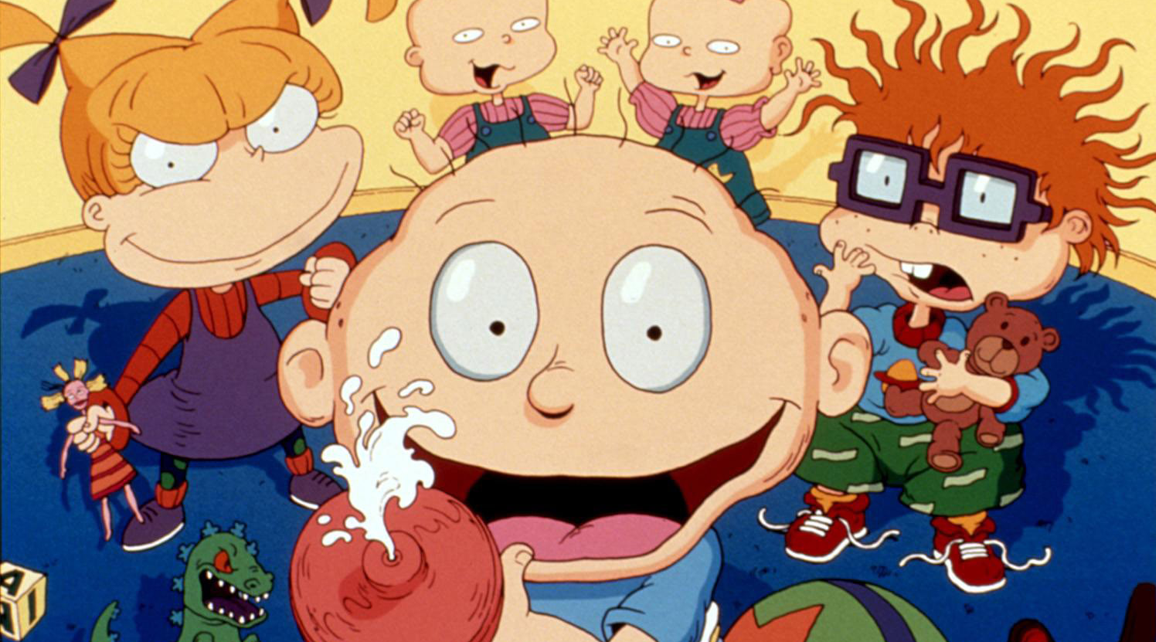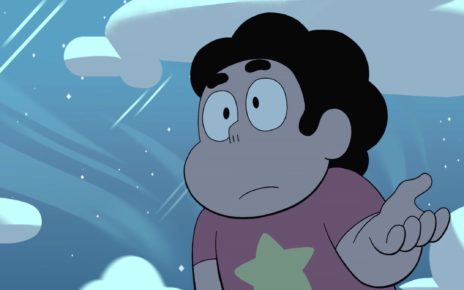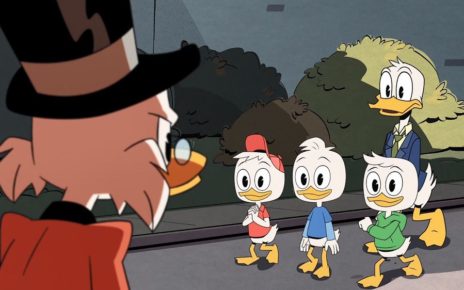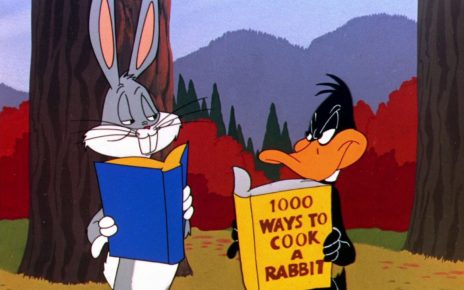Plagues of locusts, mass enslavement, and the doom of Egypt’s firstborn children may not sound like an episode of Rugrats, but that didn’t stop the show’s creators from adapting the story of Passover and giving me, a 9-year-old raised without religion, the ultimate introduction to Judaism. “A Rugrats Passover” was a heck of a crash course, so in honor of Nicktoons Month!, let’s part the waters here and take a quick look back.
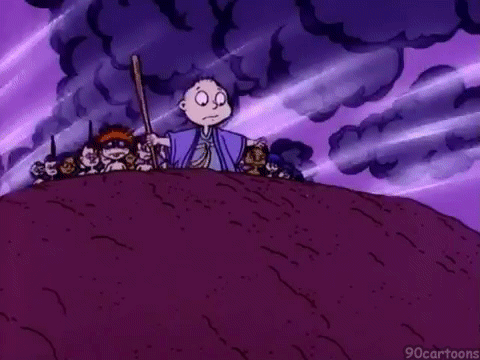
The 1995 episode of the Nickelodeon classic laid out the history of the holiday and the Jewish Pesach traditions in a way that was able to entice and inform even a little shiksha like me. The episode opens with family and friends making their way to the Rugrats’ Passover Seder, and hardly anyone wants to be there. Angelica doesn’t understand why she has to go, her mother just royally botched a business deal with the Sultan of Brunei, Stu is showing the bare minimum of interest in his wife’s religious heritage that he can without appearing anti-semitic, and Grandpa Boris and Grandma Minka have an argument that eventually leaves Boris trapped in the attic. The writing behind the family drama alone is perfect:
Minka: Why do we always have to do things your way, Mr. Big Shot
Boris: Because my way is right, that’s why!
Minka: Fehhhhhh. [Looks at ceiling.]
Boris: If you don’t do the Seder my way, then I wash my hands of the whole thing!
Minka: Better you should wash your father’s spotty glassware!
Boris: That’s it! [Walks away.]
But the real action starts when the babies escape to the attic in search of toys. Instead they find Grandpa Boris…
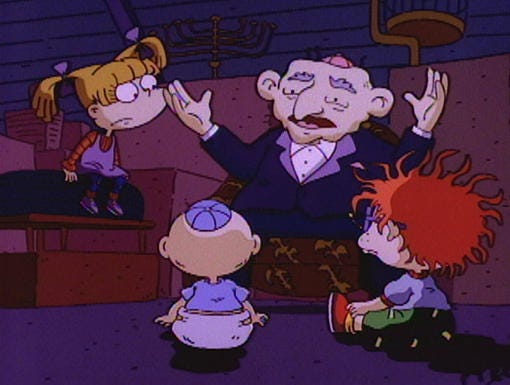
…who tells them the tale of Passover, which, of course, is re-enacted in the kids’ imaginations, complete with Angelica as the Pharaoh and Tommy as Moses, parting the sea to free the babies from her oppressive reign. It’s all very impressive and (mostly) faithful to the original text.
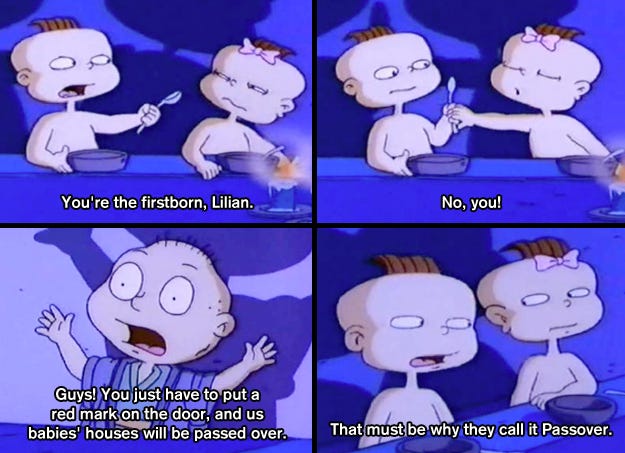
On the whole “A Rugrats Passover” manages to stay fun and warm and fair to all of its characters, while telling a great story and putting an official stamp of approval on Tommy’s Jewish heritage. For children like me, it served as a window to another culture — and fell right in line with other topics Rugrats mastered, like how a child deals with a pet bug dying, or what Mother’s Day might feel like without a mom. Rugrats never really had to go there, but it did, and it did it well.
Even now, when Passover rolls around, I understand how matzo works (Chuckie forgot to add yeast to the bread) and I can remember the plagues (frogs, lice, locusts, and beasts), although the cartoon tactfully left out the rivers of blood. Thank you, Grandpa Boris, for leaving me and babies everywhere just a little better educated.
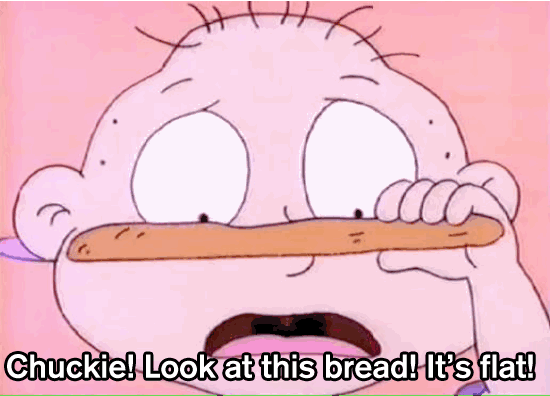

Thanks for reading The Dot and Line, where we talk about animation of all kinds. Don’t forget to ❤ this article and follow us on Twitter and Facebook.


